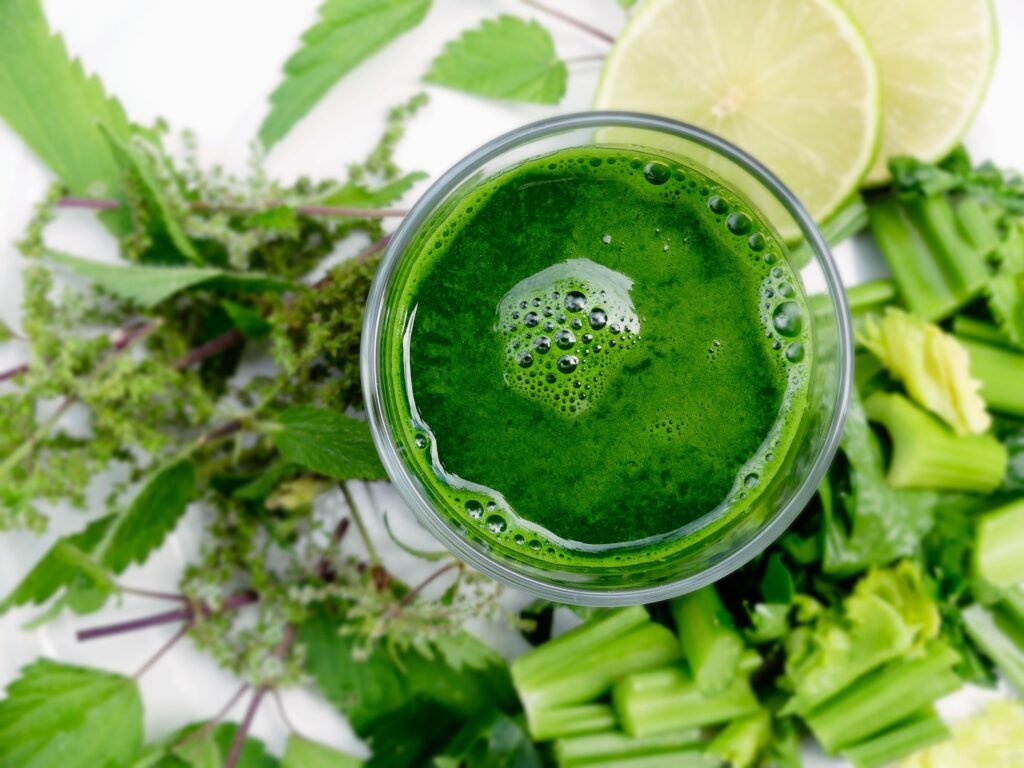
In this article
Overview
Constipation is more than just an inconvenience—it’s a common health issue affecting many individuals, characterized by infrequent bowel movements (typically fewer than three per week), and often accompanied by hard, dry, and painful stools. While over-the-counter laxatives are a common remedy, many prefer natural alternatives to alleviate constipation. This article delves into effective natural laxatives, their mechanisms, and practical tips to ease constipation naturally.
Understanding Natural Laxatives
How Do Natural Laxatives Work?
Natural laxatives can be found in various foods, drinks, and herbs, each working differently to promote bowel movements. Here are the primary mechanisms through which natural laxatives aid digestion:
- Bulking Up Stool: Adding volume to stool to make it easier to pass.
- Softening Stool: Making stools softer and easier to pass, reducing discomfort.
- Drawing Water Into Stool: Hydrating stool for smoother passage.
- Stimulating Intestines: Triggering intestinal contractions to move stool along.
Natural Laxative Foods
High-Fiber Foods
Dietary fiber is essential for regular bowel movements. Incorporating high-fiber foods can help prevent and relieve constipation. Key fiber-rich foods include:
- Whole Grains: Whole-grain breads and cereals
- Fruits and Vegetables: Apples, pears, berries, leafy greens
- Nuts and Seeds: Almonds, chia seeds, and flaxseeds
- Legumes: Beans, lentils, chickpeas
Magnesium-Rich Foods
Magnesium helps relax muscles in the intestinal wall, promoting smoother bowel movements. Foods high in magnesium include:
- Leafy Greens: Spinach, kale
- Avocados
- Nuts: Almonds, cashews
- Fatty Fish: Salmon, mackerel
Probiotic Foods
Probiotics are helpful bacteria that support digestion and promote a healthy gut. Foods rich in probiotics can assist in regulating bowel movements.
- Yogurt and Cheese
- Fermented Foods: Sauerkraut, kimchi
- Soy Products: Tempeh, miso
- Certain Fruits: Prunes, figs
Natural Laxative Drinks
Water
Hydration is crucial for preventing and treating constipation. Drinking plenty of water throughout the day softens stools and facilitates digestion.
Prune Juice
Prune juice is a well-known natural laxative. It contains sorbitol and fiber, which help soften stool and stimulate bowel movements with minimal side effects like gas and bloating.
Coffee
Caffeinated coffee stimulates the muscles in your digestive system, promoting bowel movements. Even decaffeinated coffee can help, though it’s less effective.
Natural Laxative Herbs
Senna
Senna is a potent herbal laxative that stimulates intestinal contractions. It’s available in supplement form or as a tea, but should be used sparingly to avoid dependency.
Ginger
Ginger speeds up digestion and helps reduce bloating and cramping. It’s commonly consumed as a tea or in raw form.
Peppermint
Peppermint tea soothes the digestive tract and can relieve constipation, making it a popular remedy for various gastrointestinal issues.
Aloe Vera
Aloe vera juice or supplements can improve gastrointestinal motility, helping to manage occasional constipation effectively.
Natural Remedies
Abdominal Massage
Gentle abdominal massage can help stimulate bowel movements, particularly in children and older adults.
Bowel Training
Establishing a regular bathroom routine can train your colon to pass stools more effectively.
Regular Exercise
Physical activity promotes regular bowel movements by stimulating intestinal function.
Precautions
While natural laxatives are generally safe, they can have side effects, particularly if overused. Possible side effects include:
- Stomach pain
- Bloating
- Gas
- Diarrhea
Long-term or excessive use of any laxative can lead to dependency, making it difficult to have bowel movements without them. Always consult a healthcare provider if you experience persistent constipation or have underlying health conditions.
The Takeaway
Natural laxatives offer a gentle, effective way to relieve constipation without the need for medications. By incorporating high-fiber foods, magnesium-rich foods, probiotics, and plenty of water into your diet, along with regular exercise and other natural remedies, you can maintain regular bowel movements and improve overall digestive health. Always listen to your body and consult a healthcare professional if you encounter persistent issues. Embrace these natural solutions to keep your digestive system running smoothly and enhance your overall well-being
A Quick Review
Constipation affects many people, causing infrequent and difficult bowel movements. Natural laxatives, such as high-fiber foods, magnesium-rich foods, probiotics, herbal remedies, and lifestyle changes, can help alleviate this condition. This article explores effective natural solutions for constipation relief, detailing how they work and offering practical tips for maintaining regularity
FAQS
What are natural laxatives?
Natural laxatives are foods, drinks, and herbs that help stimulate bowel movements and alleviate constipation without the need for medication.
Which drinks act as natural laxatives?
Water, prune juice, and coffee are effective natural laxatives that help hydrate the stool and stimulate bowel movements.
Can herbs be used as natural laxatives?
Yes, herbs like senna, ginger, peppermint, and aloe vera can act as natural laxatives by stimulating intestinal contractions and improving digestion.











